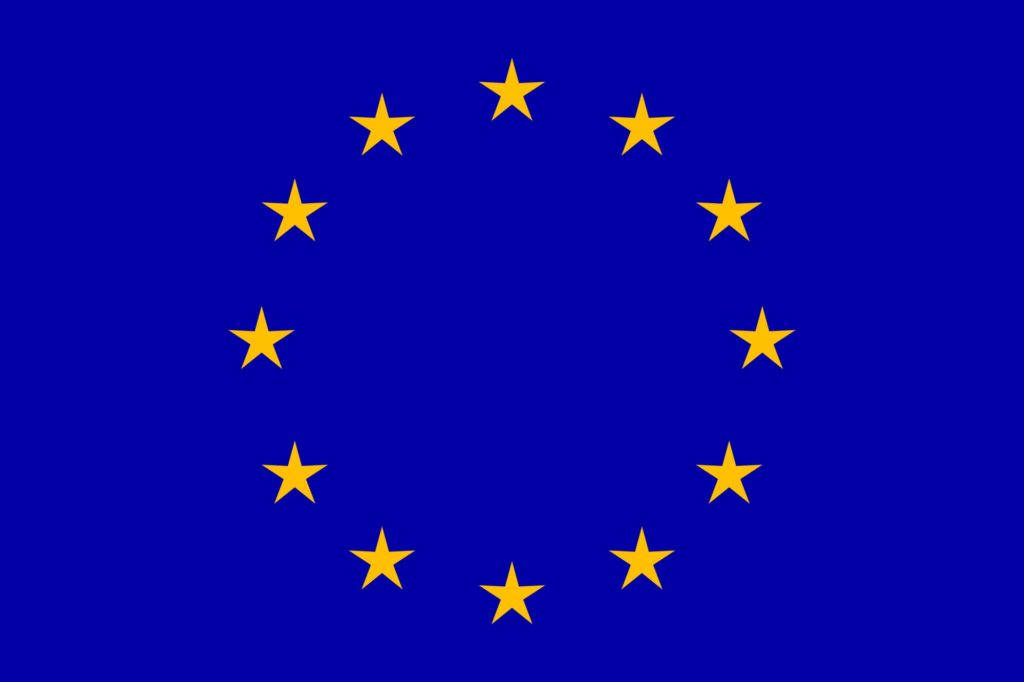The WG borders on the second and third theme of the conference, discussing the agendas of knowledge of the rural and interests of the rural. Importantly, it opens the floor to studies of contemporary western populism and its relationship to the rural. In times when Trump and his ilk are trying to invoke the rural-urban split in their favour, we believe that the topic must be discussed in the context of the rural futures debate.
Topic: Throughout modernity, the rural has been conceived as an alternative to the urban, both in space and in time. Opposed to the perceived alienation of urban life, the authenticity of rural life has been emphasised and sacralised in civil and political discourses in different times and contexts. The desire for authenticity has been a driving power behind rural tourism, amenity migration, regional branding, policy agendas, refuge in times of crisis and other recent phenomena.
The aim of this Working Group is twofold. First, we are interested in the policies and narratives of authenticity: how is “authentic rurality” produced? What elements of rurality are used by rural and urban actors to signify, celebrate and market its authenticity? How is authenticity packaged and sold in rural tourism and place branding? How is rural authenticity reproduced in and by the media? What public policies are aimed at preserving what is considered the authentic rural? Also, we are interested in what the modern desire for the authentic leaves behind for the rural actors on the ground.
Second, we want to discuss the politics of authenticity. The rise of Nationalism has been a dominant topic in Europe and America the last few years. The Brexit vote in the UK, the performance of Marie le Penn in the French presidential election, the appointment of a populist Austrian chancellor, the election of populist government in Italy, and a general increase in the popularity of populist and nationalist parties across the continent, all suggest Europe is entering an era of radical political change. Decades of centre party governance has shaped the rural spaces of Europe, but we are now faced with a different type of politics – one that draws considerable support from rural populations and often has radically different values to those of the past decades. Populist figures have been invoking the rural-urban split to glorify the conservative – “authentic” elements of rurality and oppose them to the “liberal cities”. The topic has raised a lot of interest, including books by A. Hochschild, J.D.Vance, M.Kimmel and others. What are the strategies of such politics and what are its consequences? Similarly, in Southern European countries, in the context of the recent economic and financial crisis, especially right-wing politicians and popular media discourses equally stressed the relevance of the ‘rural as space of refuge’ from ‘the urban centred crisis’ and as a place full of opportunities by contrast with the ‘problematic city’. How is the populist-invoked image of “authentic rurality” constructed and how does it compare to the on-the-ground rurality? What are the connections and relations between the resurfacing of nationalism and populism, development in rural areas, and the relationship between rural and urban areas? We welcome perspectives from all disciplines and approaches.
Format: Traditional working group, with 3 to 4 papers presentation per session followed by Q&A and a wider discussion of the sessions’ topic.
Session 3: Populism (chair: Elisabete Figueiredo)
Session 4: Rural authenticity and the glorification of the rural (chair: Eirik Fuglestad)
Session 5: Rural community and rural identity (chair: Pavel Pospech)
Abstracts
Working Group Session 3 Thur 09:00 – 10:30
- Michael Woods – Revisiting the ‘Politics of the Rural’ in the Age of Populism
- Pavel Pospěch – The re-emergence of the rural in the current political conflict
- Eirik Magnus Fuglestad – The material preconditions for the rise of populist movements: the case of Norway
- Stefano Grando – The roots of the nationalist use of rurality: rural propaganda during the Fascist Italian regime
Working Group Session 4 Thur 11:00 – 12:30
- Elisabete Figueiredo – Back to the authentic and good life? Between political and media narratives and the experience of rural incomers in times of crisis, in Greece and Portugal
- Teodora Capota – Spectres of the 20th Century Political Ideas and the Nowadays ‘Authentic Rurality’: An Analysis of the Romanian Public Discourse on agri-food issues
- Stefano Grando – Food and nutrition security in the age of re-emerging nationalism. Evidences from the public debate
Working Group Session 5 Thur 14:00 – 15:30
- Bjørn Egil Flø – Of betrayal came mistrust
- Guro Korsnes Kristensen – The smaller the better? Political Narratives on Immigration and Migrant Integration in Rural Norway
- Grzegorz Foryś – Protest Activity and Processes of Social and Political Mobilization Among Polish Farmers: the Past and the Present
- Maria Proestou – Does populist agricultural policy drive the German energy transition?

